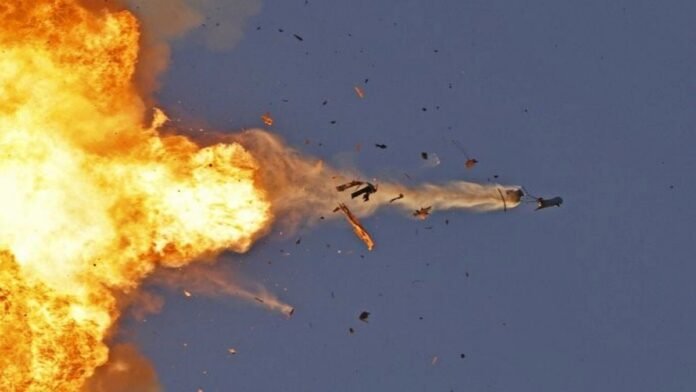
Jerusalem: In the early hours of Sunday, Israel launched a series of airstrikes targeting Hezbollah bases in southern Lebanon, escalating the already fraught tensions in the region. The Israeli Defense Forces (IDF) confirmed the strikes, citing the need to neutralize an imminent threat posed by the Shia militant group, Hezbollah, which Israel accused of preparing to launch rockets and missiles toward its territory.
Rear Admiral Daniel Hagari, spokesperson for the Israeli military, explained that the airstrikes were a preemptive measure, intended to dismantle Hezbollah’s capability to carry out attacks against Israeli civilians. “We are acting in self-defense,” Hagari stated, underscoring the urgency of the situation. He warned that Hezbollah could soon unleash a wave of rockets, missiles, and potentially drones aimed at Israeli targets, a threat that prompted Israel’s swift military response.
The tension in northern Israel became palpable as sirens blared, signaling the possibility of incoming attacks from Lebanon. Social media quickly filled with videos showing explosions in southern Lebanon, purportedly the result of the Israeli airstrikes, further stoking fears of a broader conflict.
Background on the Escalation
The latest hostilities between Israel and Hezbollah are intricately linked to the ongoing conflict between Israel and the Palestinian militant group Hamas, which has been raging for the past 10 months. Hezbollah, a powerful Lebanese militia backed by Iran, has long been an ally of Hamas. Over the months, Israel has launched relentless attacks on Hamas positions in the Gaza Strip, resulting in significant casualties and the destruction of numerous Hamas strongholds.

As Israel gained the upper hand over Hamas, Hezbollah began issuing direct threats against Israel, warning of potential retaliation for the losses suffered by its Palestinian ally. These threats materialized into sporadic attacks in various parts of Israel, which the Israeli government attributed to Hezbollah, although the group denied direct involvement at the time.
Undeterred, Israel has now turned its military focus on Hezbollah, launching targeted strikes on the group’s bases in Lebanon. These strikes are seen as part of a broader strategy by Israel to dismantle the support network surrounding Hamas and prevent Hezbollah from becoming an even more formidable adversary.
As both sides brace for what could be a prolonged and bloody confrontation, the international community remains on edge, concerned that the conflict could spiral into a wider regional war, engulfing not just Israel and Lebanon, but potentially drawing in other regional powers as well.






































